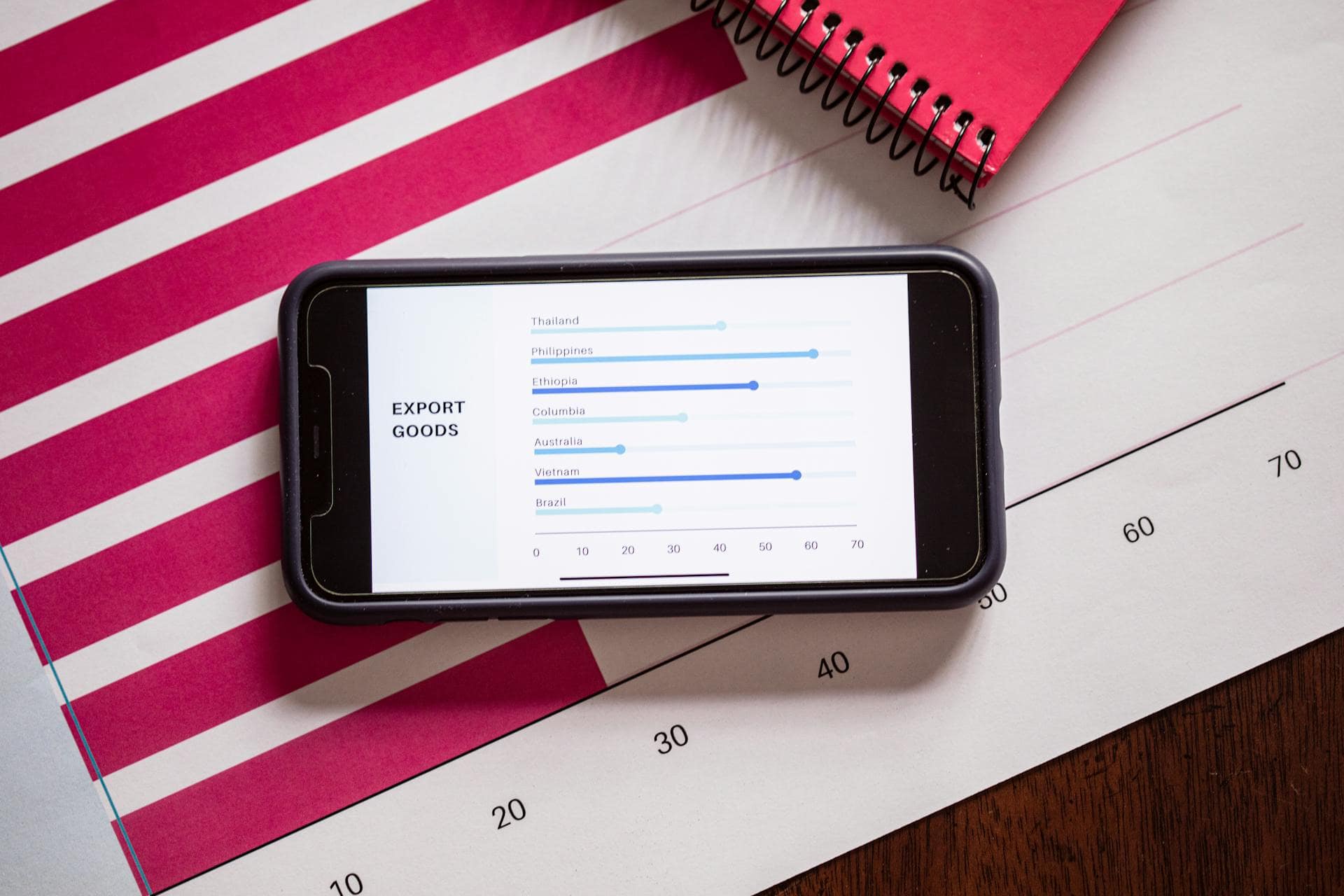Importers and exporters seeking to modernize and streamline operations are looking for the best software for customs clearance.
However, narrowing down the right fit for your organization is easier said than done. Traders are swimming in a sea of customs software solutions to choose from.
How can you wade through all the competition and select customs software that will be an asset instead of a liability? What questions should you ask before committing to a trade management solution? What tools do you need to help you yield the highest ROI?
Before digging in, let’s highlight why choosing the right compliance software is essential.
Trade Management Software – Why Finding the Right Solution is Critical
Import-export software selection is a weighty decision for any organization, from fledgling to enterprise. As technology advances, so does the opportunities for automating and simplifying trader operations. Regulatory bodies, such as U.S. Customs and Border Protection (CBP), implement digital portals to automate critical trade processes.
For example, “The Automated Commercial Environment (ACE) is the system through which the trade community reports imports and exports and the government determines admissibility. CBP applies expertise, technology, and automation to create streamlined and efficient processes to facilitate the global exchange of safe and legitimate goods,” explains CBP.
To keep up with the trend, traders must abandon the manually driven methods of the past and incorporate new technologies. Still, traders must choose their tools carefully if they want to maximize their investment and stay ahead of the trends. Why?
Consider just four reasons why importers and exporters need to research the best software solution before they buy:
- Traders need customizable solutions. – No two organizations’ operations are exactly alike, even in the same industry. Importers and exporters need business-specific customs software that can adapt to their dynamic needs.
- Traders need solutions that address more than one need. – Finding separate software solutions for each phase of the import/export lifecycle and trying to integrate them would be costly and complicated and ultimately work against the goals of streamlining operations and driving the bottom line.
- Traders need a platform that can unify the efforts of all departments. – Software that is secure and easy to access and navigate by all authorized personnel can work to harmonize efforts and boost efficiency across departments.
- Traders need solutions built around compliance. – While profit is often considered king in the world of trade, all profit will be lost if compliance is not at the heart of operations. Finding compliance-centered software solutions can help your organization assess and mitigate risks and demonstrate an enhanced commitment to compliance.
- Traders need a software company they can trust. – Choosing a software company is like choosing a business partner. The company must demonstrate a history of success and industry experience.
Now that we’ve highlighted the reasons for carefully considering software selection, let’s move on to several questions traders may wish to address when shopping for the right solution.
What to Look for When Shopping for Customs Software
As with making any informed purchase, among the first steps are defining your needs and asking the right questions.
Here are a handful of important factors to consider and questions to ask when shopping for import-export management software:
-
- The scalability of the platform – Is the platform strictly designed for the size of your current organization, or is it built to grow with you? Does the software have additional tools and features you may need down the road?
- The software company’s reputation – What is the software company’s history and experience? Do they have high ratings and real-world case studies to help you make your choice? Which industries do they serve, and who are their clients? What are their credentials, and how do they demonstrate a commitment to compliance? Does the company offer customer support and respond to user feedback to continually improve its products?
- The ease of integration – How will the software be incorporated into your current IT landscape? Will it integrate with ERP systems, like SAP and Oracle E-Business Suite? Does it offer Salesforce and CRM integration?
- The emphasis on compliance – Is the software centered around compliance? Which tools does it feature that are designed to create safeguards, mitigate risks, demonstrate due diligence, and stay audit-ready?
- The software capabilities – Does the software have the tools and features you are looking for to maximize the efficiency of your operations? What are the automation options? Does it incorporate the most cutting-edge technologies, such as blockchain?
- The customization options – Is it a one-size-fits-all solution, or can the interface and features be customized to suit the unique needs of your company?
- The user-friendliness of the interface – Is the platform easy for team members with varying tech skills to access and navigate? Can users across departments stay informed and keep processes moving due to access to real-time data and configured notifications?
- The security features – Does the interface prioritize security and facilitate secure data storage and transfers? Can the software assist with visitor management and other in-house authorizations?
- The cost – Is the software accessible and affordable for your organization? What evidence suggests that you’ll see a justifiable ROI?
Beyond these key considerations, what tools should cutting-edge customs software include?
Tools to Prioritize When Selecting Trade Software
Beyond customs compliance tools, customs software should be flush with a wide range of import-export management tools. That way, you can centralize and automate each level of your operations in one platform.
Here are some tools to look for when choosing the best trade software:
- Broker and shipping management
- Automated recordkeeping
- Consolidated denied party and sanction screening
- Export control and HTS classification
- License screening and electronic application
- Technical data transfer management
- Enterprise visitor management
- Incident tracking and disclosure modules
- ERP order automation integration
- Automated customs filing and documentation
- Duty drawback, Foreign Trade Zone, and Free Trade Agreement Management
- And beyond
Find a customs software solution that has the power to grow with your company and the tools you need to facilitate growth.
Customized Trade Solutions – Scalable Customs Software
OCR Global Trade Management offers importers and exporters a scalable solution that ticks all of the above boxes and more. Our Global EASE software paves the path to full trade compliance by leveraging automation to address your organization’s unique needs.
Research more about EASE today, or get in touch to learn more.



